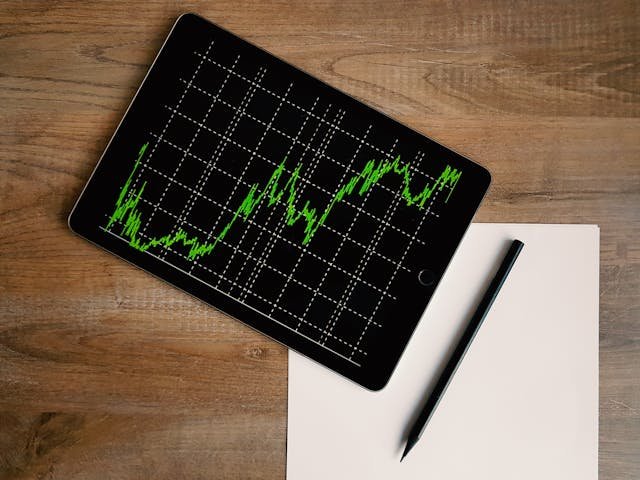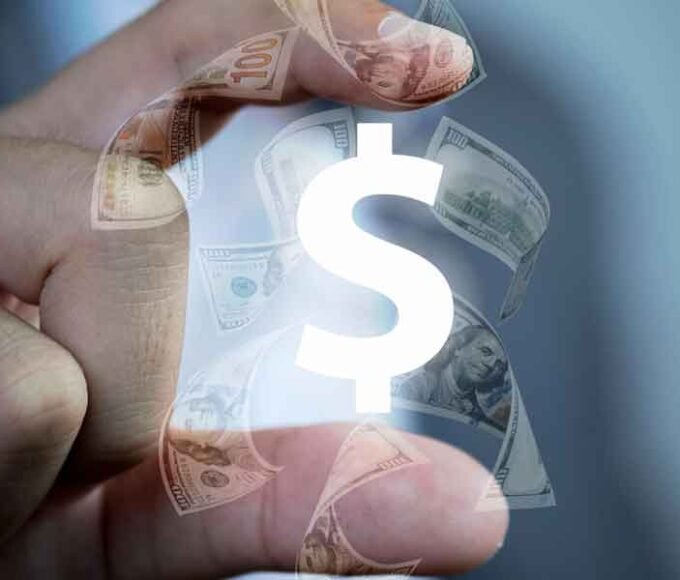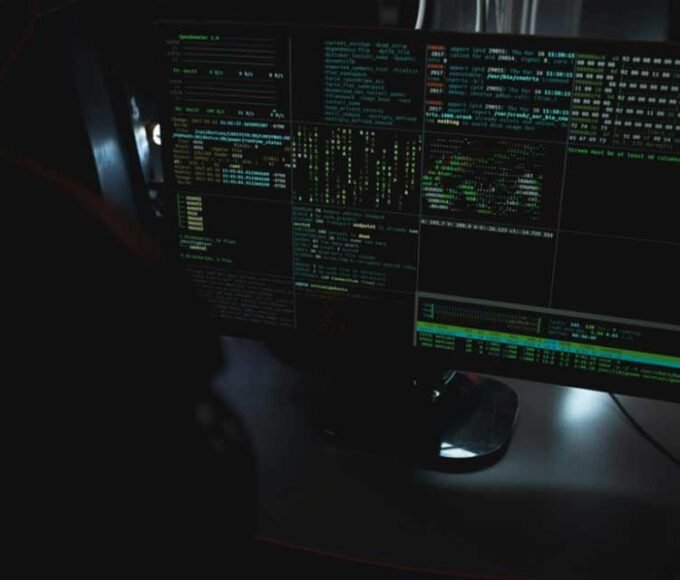Deciding to begin trading is an exciting but difficult task that needs careful consideration and evaluation of one’s finances. Trading carries a lot of risk, even if it might be beneficial when it comes to stocks, currencies, or commodities. It’s critical to know if you have enough money to begin trading in order to steer clear of financial hazards. This post will take you through the six crucial actions you need to take in order to assess your financial readiness to start trading.
Evaluate Your Financial Health
Examine your financial status in its entirety before thinking about trading. Examine your earnings, outgoing costs, savings, and outstanding obligations. Make sure your income is steady and that you have paid all your bills. Having an emergency fund large enough to cover six months’ worth of living expenditures is essential. This money will serve as a safety net should your trading endeavors not produce earnings right away or should you incur unforeseen costs.
Determine Your Risk Tolerance
Determining if you have the money for trading requires first understanding your level of risk tolerance. The amount of loss you are willing and able to sustain in your trading operations is referred to as your risk tolerance. Think about your investing horizon, psychological comfort level with risk-taking, and financial objectives. You might need to start with a lesser budget or look into less volatile trading choices if you find it difficult to lose a large amount of your money. By being truthful about your level of risk tolerance, you may steer clear of emotionally driven choices that could end up costing you money.
Set a Trading Budget
You need to create a trading budget to ensure that you don’t spend more than you can afford to lose. A fixed sum of money that doesn’t interfere with your regular spending or long-term financial goals should be set aside for trading. This budget should only contain funds that you can afford to lose and not jeopardize your ability to make ends meet. It is better to start modestly and increase your trading budget gradually as you gain experience and confidence in your trading strategies. Additionally, think about how automated trading can fit into your budget; it can help you manage transactions more effectively and make fewer impulsive decisions.
Understand Trading Costs
Several expenses associated with trading may affect your total profitability. These expenses consist of taxes, transaction fees, and brokerage fees. To identify the most economical choices, compare the costs of various brokers and trading platforms. Furthermore, take into account the financial ramifications of your trading endeavors, as earnings from trading typically attract capital gains tax. Gaining an understanding of these charges and including them in your budget can help you prevent unforeseen costs and provide you with a better image of your possible returns.
Educate Yourself
Investing in education is essential when choosing to begin trading. Arm yourself with information on various financial instruments, market analysis methods, and trading tactics. Think about reading books, taking trading classes, and subscribing to reliable financial news sources. You will be in a better position to make wise choices and efficiently manage your trading budget the more knowledge you acquire. Recall that learning never stops and that successful trading requires keeping up with current events and market trends.
Start Small and Scale Gradually
It’s appropriate to start trading when you have assessed your financial situation, identified your risk tolerance, created a trading budget, comprehended the costs associated with trading, and educated yourself. Start small and try your techniques with a tiny investment to get some real-world experience. You may learn from your errors and stop putting large sums of money at risk by starting small. You can progressively increase your stake as your trading gains confidence and success. This strategy guarantees that you expand your trading activity in a financially viable way and aids in risk management.
Conclusion
Choosing to begin trading is a big financial one that needs careful thought and analysis. You can make sure you have the money to begin trading sensibly by assessing your financial situation, figuring out how much risk you can afford to take, creating a trading budget, being informed, and starting small. Recall that trading is a disciplined activity requiring patience, expertise, and ongoing learning rather than a get-rich-quick scheme. You may start trading with confidence and a better chance of success if you prepare ahead and handle your money wisely.
















